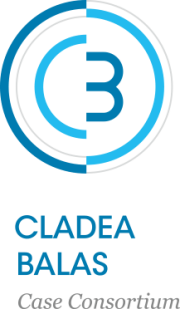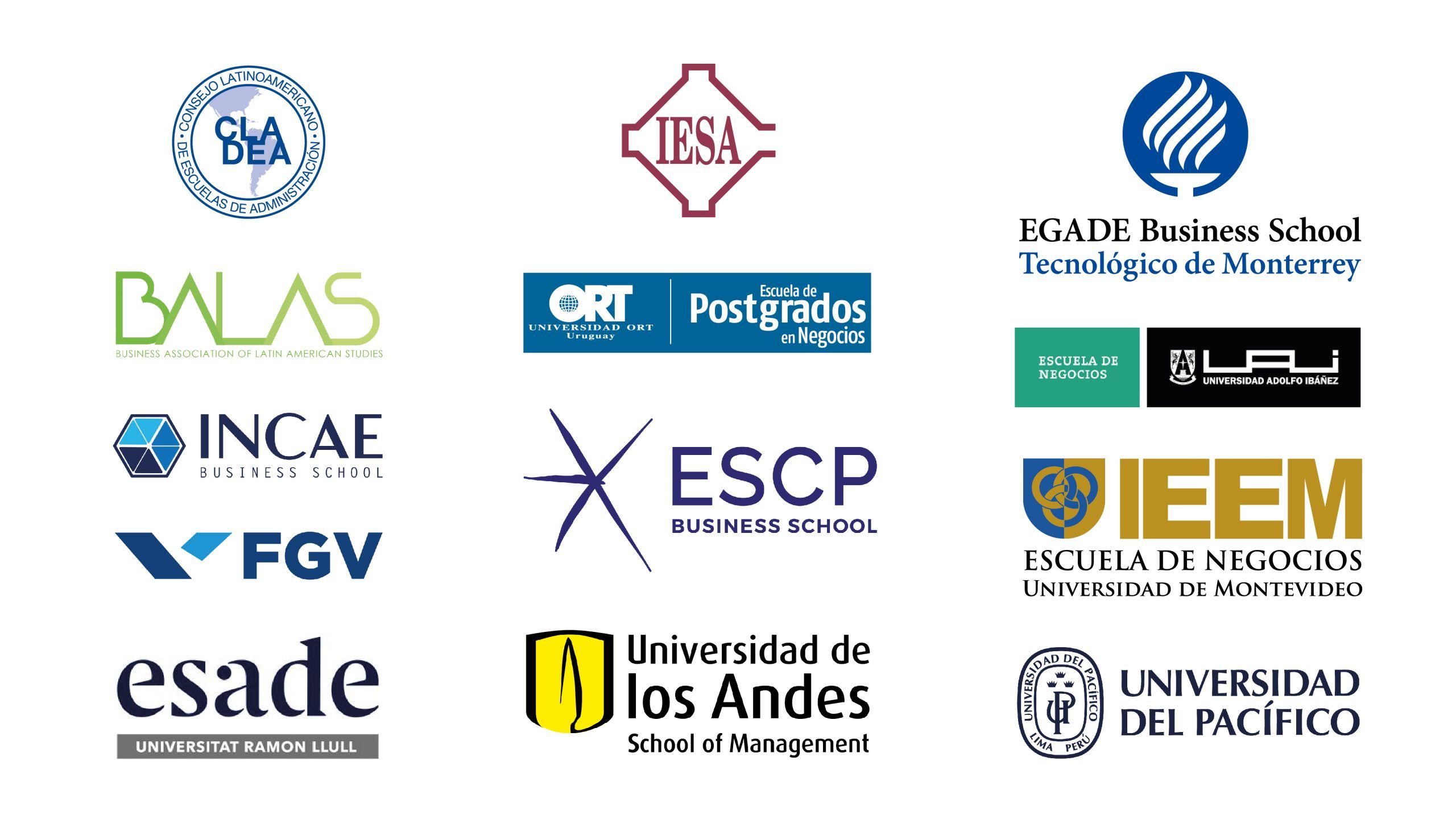NEWS
Financial Times includes educational case production in its research index
November 14, 2024
The Financial Times included the production of educational cases in its research index: FT Aggregated Research Ranking. The FT published a Special Report on this topic (https://www.ft.com/reports/business-school-insights).
In the introduction to the special issue, they explain that "the greatest form of resonance in disseminating business school research for impact should be through the students. Therefore, we explore ways to assess academics' production of teaching materials." In addition to that general explanation, they also address this topic in a specific article: https://www.ft.com/content/4737a206-5162-4738-a14e-75b75e31fec4
To qualify quality and estimate impact the TF relies on the Case Centre's impact index (https://www.thecasecentre.org/impactIndex/2024/default).
This is good news that strengthens the search to position case research as a form of intellectual production in the schools of our region.
NEWS
The Case Centre highlights two of our schools for their production of pedagogical cases worldwide.
November 14, 2024
The Case Centre highlights our partner schools, ESCP Business School and ESADE Business School, among the 50 schools with the greatest impact in terms of pedagogical case production worldwide (review more here).
ESCP ranked 31st, while ESADE ranked 36th. It is worth noting that some of the cases from both schools have been award winners.
We are very pleased that both schools are part of our collection and have obtained this well-deserved recognition.
Interviews
Harvard Business Publishing (HBP) interviews María Helena Jaén

In this interview, released by Latam Review, our editorial director María Helena Jaén had the opportunity to answer some questions about the growth of CBCC and shared some tips for teachers interested in case writing.
What is the CLADEA BALAS Case Consortium?
CBCC is a collection of cases from a consortium of 10 Iberoamerican schools, BALAS, and CLADEA focusing primarily on management and business issues in Latin America and Spain. We currently have roughly 84 cases with their corresponding Teaching Notes. We have achieved a high-quality case collection following rigorous international standards and a double-blind review process. As a result of our robust quality control system, our cases are published and globally distributed by Harvard Business Publishing Education. All our cases are published in English and in either Spanish or Portuguese.
2. How can someone publish a case with Harvard Business Publishing Education through CBCC?
The first path involves institutional membership. To join CBCC, a school must prove to the CBCC Editorial Board that it meets several requirements, the most important being that it produces proven quality teaching cases. The institutional members agree to create at least two cases per year to build the collection. CBCC's institutional members attend four meetings a year held by its governance body, the Editorial Board, and participate in the decision-making process.
The second path hinges on individual case writers submitting their own cases to the BALAS' and the CLADEA's annual conferences' case tracks. The best cases submitted to both academic meetings go to CBCC's evaluation process, and the ones that meet the specific quality standards and requirements are accepted into the CBCC collection.
3. What's your advice for faculty interested in case writing?
First, it's necessary to be a case teacher before writing a case. You need that mindset to put the students in the center of the learning-teaching process. Write engaging cases so the learners can put themselves in the protagonist's shoes. From our experience it is crucial to have a protagonist with whom students can identify. A suitable case needs focus, but at the same time, it must have comprehensive background information and different perspectives that show the complexity and nuances of realistic situations. A compelling case promotes introspection, active learning, critical and creative thinking, and practical problem-solving skills among students.
Define your case's learning objectives and measurable outcomes: What do you want your students to achieve after discussing the case? Your learning goals are your compass to direct the case discussion journey. And finally, conduct a case pilot test in class. A case is not finished until you have tried teaching with it in a classroom setting.
4. How do you foresee CBCC evolving in the next few years?
We aim to become a top-quality case collection and clearing house based on the most rigorous international standards. We envision the CBCC as a valued Harvard Business Publishing Education partner and the most important, recognized Iberoamerican management and business case collection.
CBCC:
We promote the
discussion of the dilemmas faced
by Ibero-American leaders and managers.
Editorial Coordination
E-mail: [email protected]
Universidad de los Andes, Bogota, Colombia

